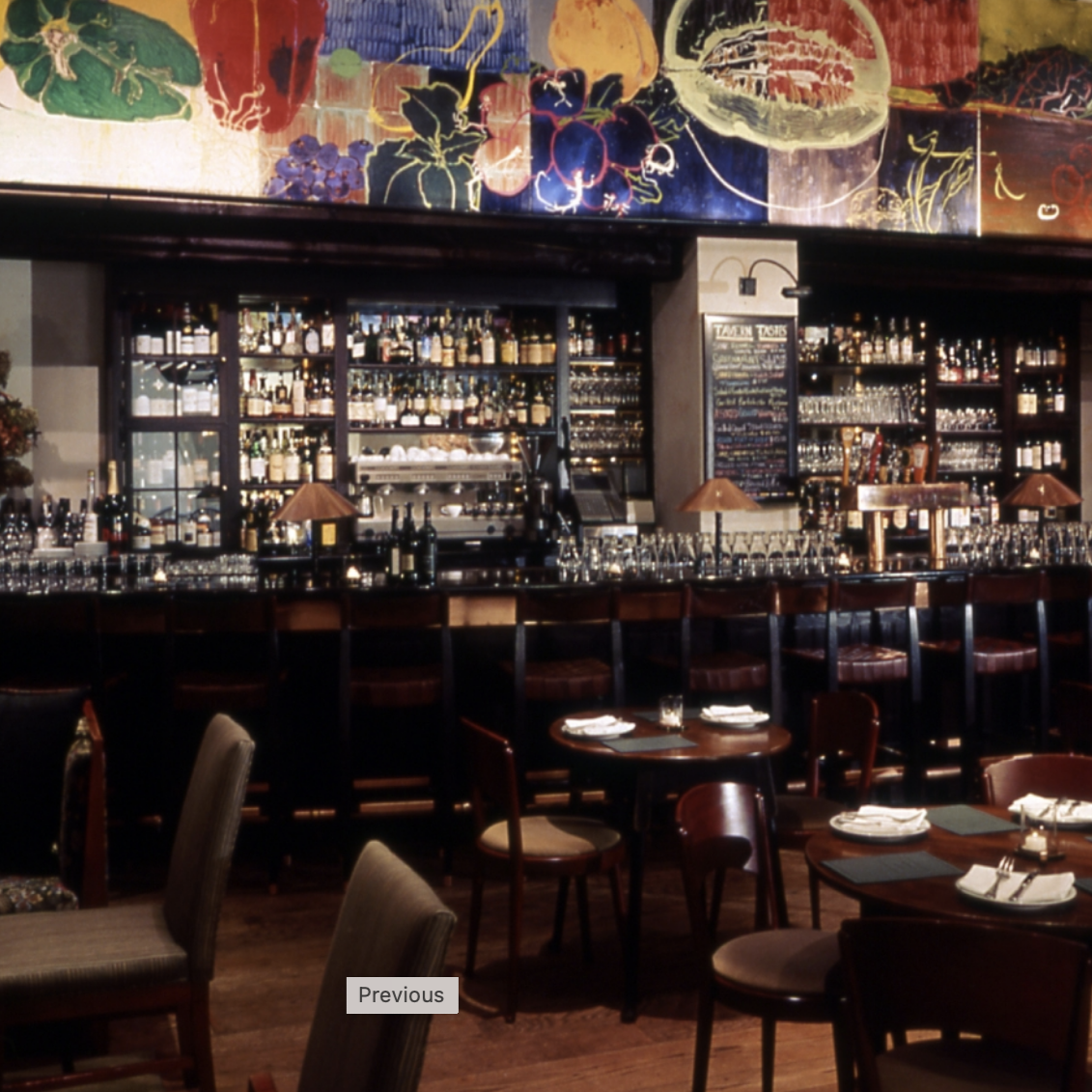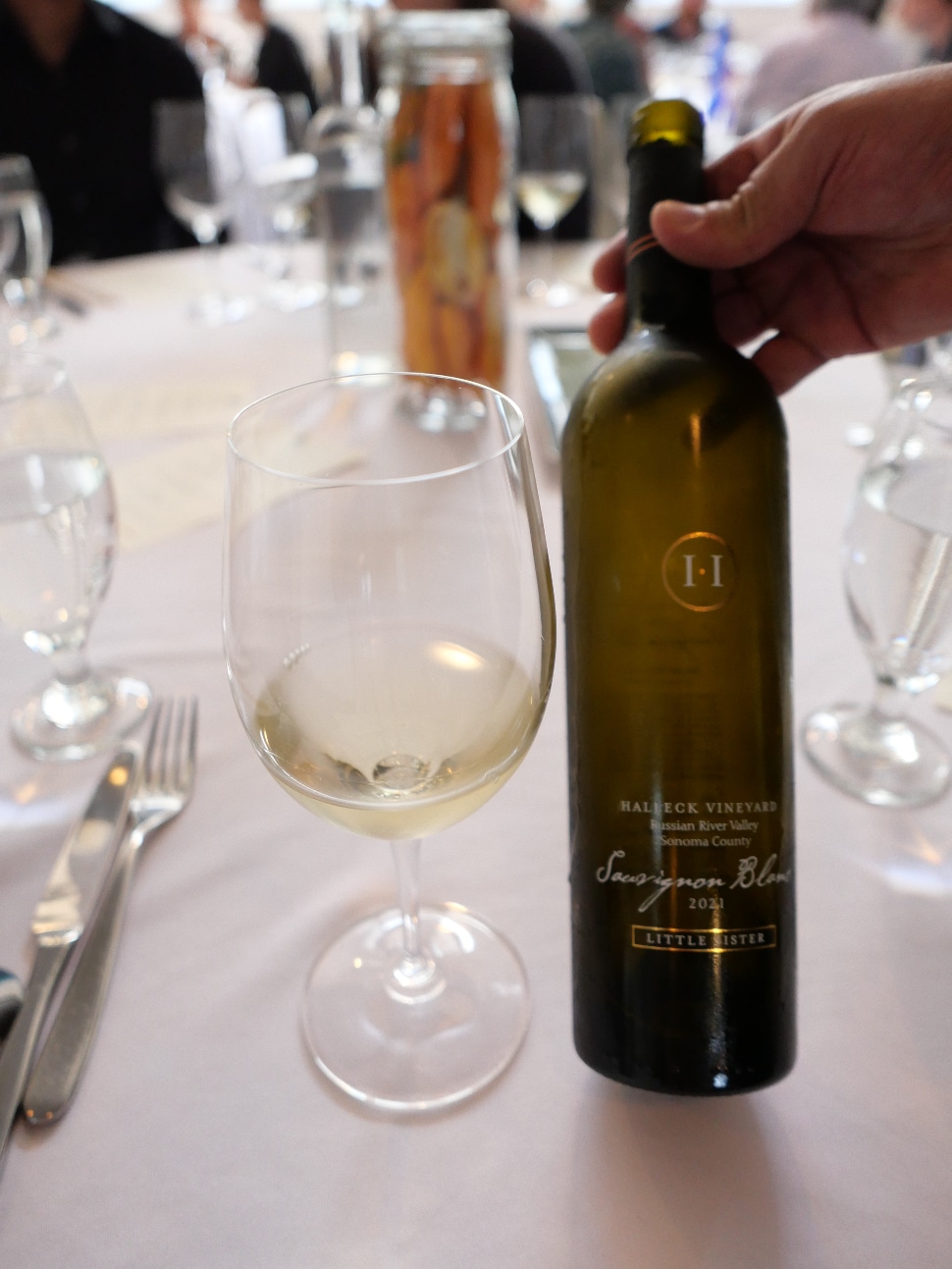Beautiful Picnic Areas At Sonoma Wineries - Sebastopol's Vibrant Wine Scene
Beautiful Picnic Areas At Sonoma Wineries - Sebastopol's Vibrant Wine Scene
Blog Article
Best Wineries For Sunset Views In Sebastopol - Unforgettable Wine Tastings In Sonoma
Wine tasting is usually considered an art type, one which goes beyond merely enjoying a beverage. It embraces a complex interplay of flavors, aromas, and textures that requires devoted practice to truly master. Many who venture into the world of wine tasting shortly notice that it involves far more than just sipping wine. Enhancing sensory skills by way of devoted winery wine tasting can elevate the experience, reworking an informal consuming occasion into a sophisticated exploration of the senses.
At a basic level, wine tasting engages the senses of sight, smell, taste, contact, and even sound. Each part performs an important function in appreciating the nuances of a wine. When one first pours a glass of wine, the rich hues can present initial insights into its age and varietal. Observing the color and clarity helps form expectations about the wine's flavor profile. Many don’t absolutely appreciate how this visible assessment can set the stage for what is to observe.
The subsequent step is to engage the sense of smell. Swirling the glass aerates the wine, allowing its risky compounds to flee and fill the air with its bouquet. The nostril entails some fascinating layers—different aromas can signal numerous elements of the winemaking course of, together with the type of grapes used, fermentation methods, and getting older conditions. Creating a eager sense of scent could be a game-changer in wine tasting.
Wineries Offering Private Events - Sonoma Wine Country Wineries To Explore
To enhance this sensory skill, wine enthusiasts are sometimes encouraged to participate in devoted tastings at wineries. These tastings allow people to focus solely on the sensory experience (Spectacular Vineyard Views In Sonoma). Tasting classes led by knowledgeable sommeliers or winemakers can provide insights into identifying distinct aromas. Studying to differentiate between floral, fruity, earthy, and spicy notes can empower a taster to articulate their experience with higher precision.
As one practices their sensory abilities, they may uncover that their taste preferences evolve. This transformation often happens after a quantity of tastings. A wine that originally appeared overwhelming may reveal hidden layers of complexity with a little bit of experience. Understanding how to isolate particular person flavors similar to acidity, sweetness, bitterness, and umami contributes considerably to the overall wine experience.
One Other important factor in bettering sensory skills is the context in which wine is tasted. Environmental components like temperature, lighting, and even the company present can affect perceptions. At a winery, an optimal setting can scale back distractions and allow a more profound exploration of the wine (Wineries Specializing In Sparkling Wines). Practicing conscious tasting techniques encourages a more immersive experience, permitting tasters to hone in on their senses.
It isn't solely about particular person perception, although. Partaking with others during a tasting can even enhance sensory skills. Sharing notes and discussing impressions fosters a deeper understanding of the wine. This collaborative strategy encourages members to articulate their sensory experiences, thereby broadening their linguistic repertoire associated to wine tasting.
Wineries With Unique Varietals - Sonoma Wine Tasting Tour
Moreover, pairing wine with food can considerably enhance the tasting experience. Different combinations can deliver out distinctive flavors in both the wine and the dish. As one tastes a wine alongside particular meals, they'll begin to recognize how certain components within the wine complement or distinction with what they are eating. This skill of pairing is one other layer that enriches sensory improvement.
Training one’s palate can contain a selection of exercises. Some enthusiasts engage in systematic tasting experiences, sampling a range of wines that showcase different varietals, regions, or vintages. Exploring this range can This Site sharpen the power to discern nuances across totally different wine profiles. Over time, this practice builds a mental library of flavors that can be accessed during future tastings.
Notably, written notes serve a dual function: organizing one’s thoughts and reinforcing memory. By writing down observations about every wine, tasters can observe their progress over time. Detailing the characteristics of wines assists in solidifying information, ultimately deepening one’s appreciation of what they eat.
Furthermore, attending workshops or classes targeted on sensory analysis can be helpful. Many wineries provide these academic packages to help individuals refine their skills. Often, skilled instructors guide participants by way of structured tastings, specializing in particular components of the wine. This level of education reinforces the sensory skills asynchronously and challenges tasters to contemplate their experiences from completely different angles.
Wineries That Offer Barrel Tastings - Sonoma Wine Tasting Recommendations

Over time, the commitment to enhancing sensory skills by way of dedicated winery wine tasting can yield vital rewards. The enjoyment derived from wine turns into layered and multifaceted. No longer restricted to a simple choice for "pink" or helpful hints "white," tasters start to understand the stories behind every pour. They cultivate a palette capable of navigating the advanced landscape of flavors with confidence.
In conclusion, the journey of enhancing sensory skills through dedicated winery wine tasting is as rewarding as it's gratifying. It requires focus, dedication, and a willingness to learn, but the outcomes far exceed the initial effort. By partaking multiple senses and collaborating in thoughtful discussions, people not solely turn into more proficient at figuring out flavors but in addition develop a deeper appreciation for the craftsmanship behind each bottle. The process transforms wine from a mere beverage into a wealthy tapestry of sensory exploration that beckons enthusiasts to delve deeper. As skills enhance, so too does the enjoyment, enriching life experiences one sip at a time.
Wineries Near Highway 12 - Sonoma's Premier Wine Tasting Events
- Participating the palate by way of diverse wine varieties enhances the ability to differentiate flavors and aromas, refining total sensory perception.
- Participating in guided tastings promotes targeted consideration on refined traits of each wine, nurturing important tasting skills.
- Learning to establish specific grape varieties fosters a deeper understanding of terroir, which aids in recognizing regional flavor profiles.
- Incorporating food pairings throughout tastings can heighten sensory consciousness, as different tastes can influence each other and alter perceptions.
- Practicing the art of swirling and nosing wines allows individuals to connect olfactory cues with taste, bettering the power to articulate sensory experiences.
- Attending workshops that emphasize blind tastings trains participants to rely purely on their senses rather than preconceived notions, enhancing objectivity.
- Elevating sensory skills can lead to better wine choice talents, empowering people to make knowledgeable selections based on personal preferences.
- Partaking with educated sommeliers presents insights into wine-making processes, which deepens sensory appreciation and enhances vocabulary for describing wines.
- Common participation in tastings encourages reminiscence growth of flavors and aromas, aiding within the formation of a personalised sensory profile over time.
- Sharing tasting experiences with friends fosters dialogue, selling communal learning that can enhance individual sensory skills via collaboration.undefinedWhat is the purpose of improving sensory skills through wine tasting?

Improving sensory skills through wine tasting permits individuals to reinforce their capacity to identify and appreciate the varied aromas, flavors, and textures of wine. This heightened sensory consciousness can result in a deeper understanding of wine and an total enriched tasting experience.
Wineries With Scenic Views - Sebastopol Wine Experiences
How can I develop my sensory skills at a winery?
You can develop your sensory skills at a winery by taking part in guided tasting sessions that target particular varietals. Engage with knowledgeable staff who can present insights and encourage you to take notes on your impressions, enhancing both your observational and descriptive abilities.
What should I count on during a devoted wine tasting experience?
Wineries Renowned For Cabernet Sauvignon In Sonoma - Sebastopol's Vibrant Wine Scene
During a devoted wine tasting experience, anticipate to sample a number of wines while receiving focused education about each. You Will learn in regards to the winemaking process, tasting techniques, and how to discern different sensory traits, all in a relaxed setting.
Is prior information of wine needed to profit from a sensory skills workshop?
- Wineries With Outdoor Seating
No prior data of wine is critical; the workshops are designed for all levels of experience. Novices will discover useful info to construct from, while seasoned tasters can refine their skills and broaden their palate even further.
How do sensory skills impact my general wine appreciation?
Historical Wineries To Visit In Sonoma - Sonoma Area Winery For Tasting
Bettering sensory skills significantly enhances your general wine appreciation by allowing you to establish subtleties and complexities in wines. This deeper understanding enriches your tasting experience and helps you make knowledgeable selections primarily based on personal preferences.
Are there specific techniques I ought to use whereas tasting wine to enhance my sensory skills?
Popular Wineries With Outdoor Seating In Sonoma - Vineyard Tasting Events In Sonoma County
Yes, employing techniques such because the "SWOT" methodology (Sight, Swirl, Odor, Sip, Savor) could be useful. Pay attention to the wine's look, aromatics, and mouthfeel, and take your time with every sip to completely explore the flavors and sensations.
What type of wines are sometimes included in sensory skills tastings?
Typically, sensory skills tastings embrace quite lots of wines that showcase different areas, varietals, and styles. This variety helps individuals establish distinct characteristics and enhances their capability to differentiate between wines.
Can sensory skills workshops be personalized to my tasting interests?
Wineries With Estate-Grown Grapes - Sebastopol Area Wineries Offering Wine
Many wineries provide personalized choices for sensory skills workshops, permitting you to focus on specific kinds of wines or themes that interest you, such as organic wines or unique regional choices. It's finest to inquire instantly with the winery for tailored experiences.
Is there a way to practice sensory skills after leaving the winery?
Sure, you'll find a way to practice your sensory skills at home by tasting different wines and keeping a tasting journal. Experimenting with varied food pairings and aromatics can additional enhance your understanding of how flavors work together, reinforcing the talents gained at the winery. Report this page